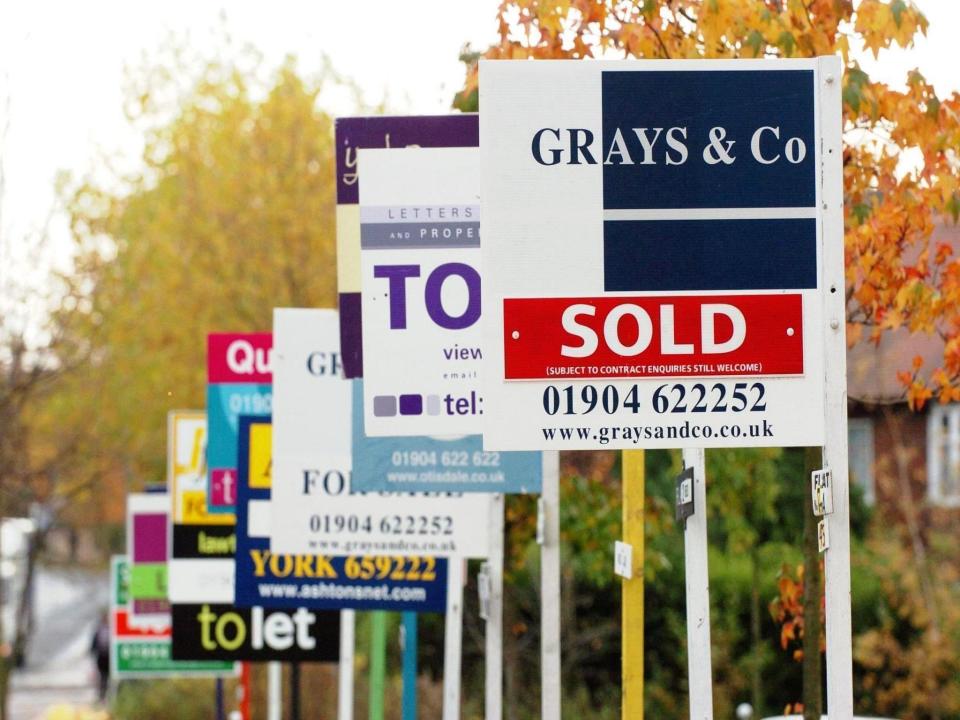UK House price growth remains subdued as prices edge up just 0.1%

House price growth slowed again in November, with average monthly property prices edging up just 0.1 per cent, according to new figures from Nationwide.
House prices had previously risen 0.2 per cent in October and 0.4 per cent in September.
Britain’s biggest building society said that annual house price growth remained stable at 2.5 per cent, the same figure as in October. Average UK property prices were £211,085.
Robert Gardner, Nationwide’s chief economist, said that while low mortgage rates and healthy rates of employment growth are providing support for demand, this is being partly offset by pressure on household incomes which appears to be weighing on confidence.
Nationwide said the decision in the Budget to abolish stamp duty for first-time buyers purchasing a property worth up to £300,000 was likely to have only a “modest impact” on overall demand.
This is because first-time buyers in many regions already pay little or no stamp duty as the average price of a property is below the stamp duty threshold of £125,000.
“The potential savings are more substantial for borrowers where house prices are higher, especially in London and the South East,” he said.
The Office for Budget Responsibility has also warned that the tax reduction will likely result in higher prices - pushing them up by around 0.3 per cent - as buyers will have more money to put into deposits.
Mr Gardner said that the focus on boosting house building in the Budget is important as the shortage of homes was a key reason why affordability is so stretched in many parts of the country.
Housing market activity remains subdued, with consumers feeling the squeeze from rising inflation and low wage growth.
The latest figures from the Bank of England show that mortgage approvals for house purchases slowed for a third month running to 64,575 in October – a 13-month low.
Earlier this month, the Bank of England raised interest rates for the first time in more than decade from 0.25 per cent to 0.50 per cent. In response a number of lenders raised their mortgage rates.
Howard Archer, chief economic advisor at EY ITEM Club, said the interest rate hike would likely weigh down on housing market activity, despite mortgage rates still at historically low levels.
Samuel Tombs, chief economist at Pantheon Macroeconomics, said: “House prices lost their upward momentum in November as rising mortgage rates began to depress demand and affordability.
“Fixed-rate mortgage rates picked up in October in anticipation that the MPC would hike Bank Rate earlier this month.
“The full impact of the rate hike on the market won’t fully materialise for a couple of months, but several indicators already point to a further slowdown.”

 Yahoo Finance
Yahoo Finance 